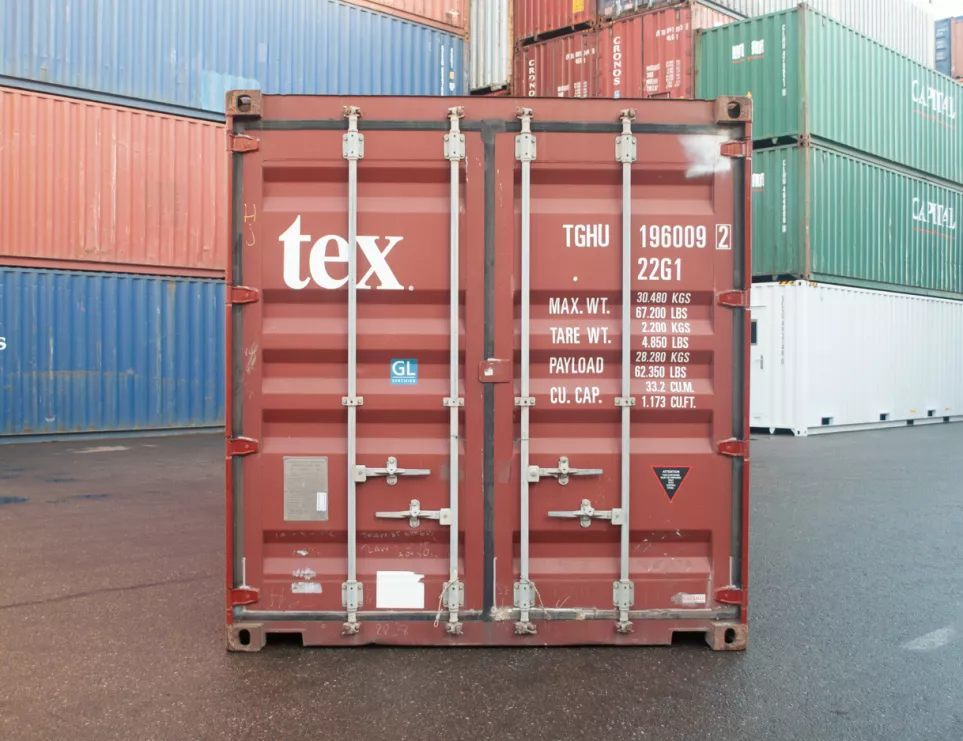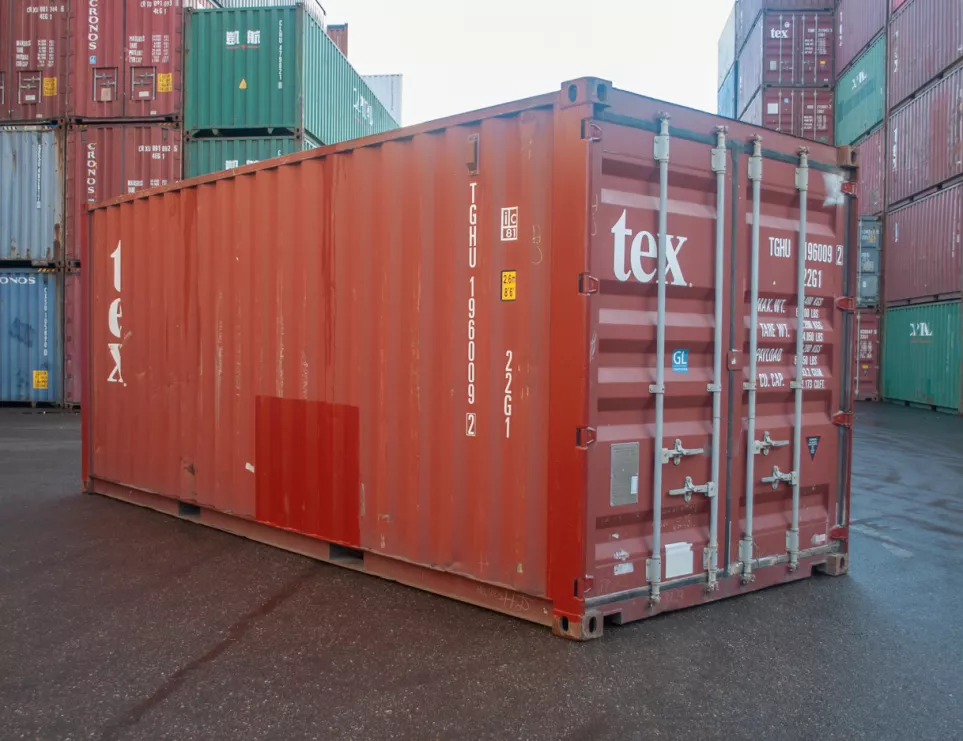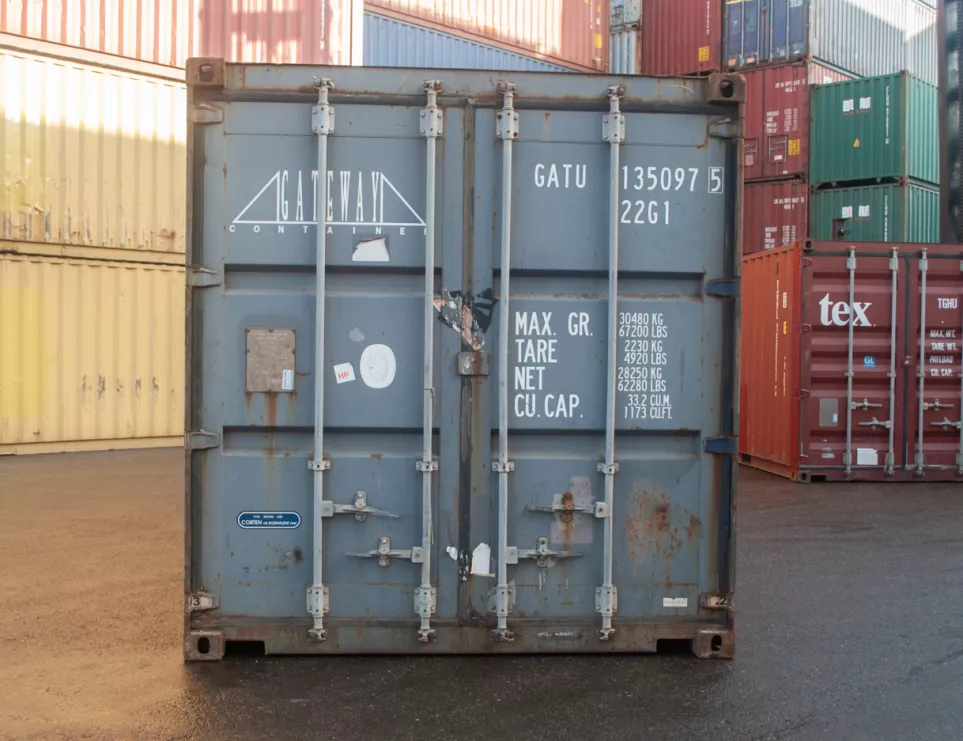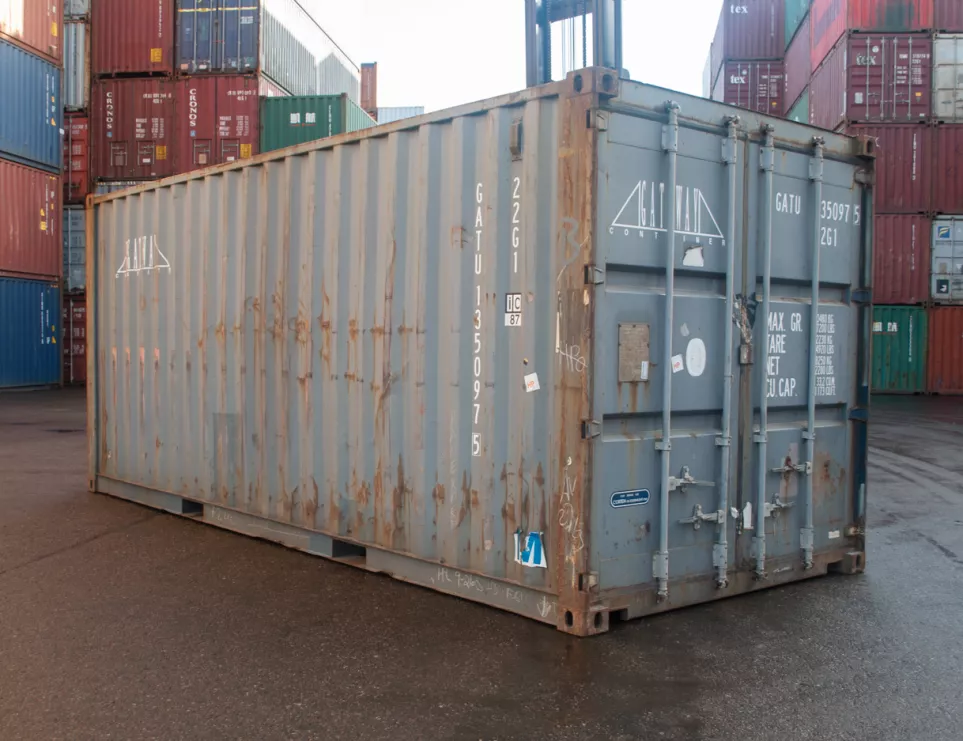Introduction
In today’s fast-paced and evolving world, shipping containers have become an essential component in various industries, ranging from logistics and transportation to construction and even housing. The versatility and durability of shipping containers make them an attractive option for businesses and individuals alike. This article aims to provide a comprehensive guide on where to buy shipping containers, how to purchase them, and what factors to consider when evaluating costs. Whether you are looking to buy a single container for personal use or multiple units for commercial purposes, this guide will equip you with the necessary knowledge to make an informed decision.

Where Can I Buy a Shipping Container?
Local Suppliers
One of the most straightforward ways to purchase a shipping containers is through local suppliers. Many cities have specialized companies that deal in new and used shipping containers. These suppliers often have a range of containers in various sizes and conditions, making it easy for buyers to find what they need. Local suppliers can provide benefits such as lower transportation costs since the containers are nearby, and the opportunity to inspect the container on-site before making a purchase. shipping containers for sale near me
When choosing a local supplier, consider checking for customer reviews online to gauge the reliability and quality of their products. Additionally, visiting the supplier’s yard can give you a better understanding of the inventory available, allowing for direct comparison between different containers. This face-to-face interaction can also facilitate better negotiation concerning price and delivery options.
When buying online, it’s crucial to conduct thorough research on the seller and the condition of the container. Look for sellers with good ratings and feedback from previous customers. Many online platforms provide images and detailed descriptions of the containers, but contacting the seller for additional details can help ensure you are making a wise investment. used shipping containers for sale

How to Buy a Shipping Container
Researching Your Options
Before making any purchase, it’s advisable to conduct thorough research on the type and size of shipping container that best suits your needs. Containers come in several sizes—most commonly 20 and 40-foot variants—and their intended use will determine the best choice. For instance, if you need a container for storage, a standard dry container may suffice, but if you plan to transport goods internationally, a high cube container could offer extra height for larger items.
Additionally, consider the material of the container. Most shipping containers are made from corten steel, which is weather-resistant, but options like insulated containers are available for specialized needs. Understanding the specific features and capabilities of various container types will empower you to make a more informed purchasing decision.

Inspecting Containers Before Purchase
If possible, always inspect the container before finalizing the purchase. This is particularly important when buying used containers, as their condition can significantly impact their functionality and longevity. Look for signs of rust, structural damage, and water leaks. Pay attention to the overall integrity of the doors and seals, as these can affect security and weather resistance. shipping container for sale
Bringing along a knowledgeable friend or employing a professional inspector can also be beneficial to identify potential issues that an untrained eye might miss. An inspection will save you from unexpected repair costs post-purchase and ensure that you are getting value for your money. Shipping containers for sale

Negotiating Prices
Once you have selected the container you wish to purchase, the next step is negotiating the price. Understanding the prevailing market rates for both new and used shipping containers can give you a competitive advantage in negotiations. Factors such as location, container condition, and the urgency of your need can influence the price, so be prepared to discuss these points with the seller. Buy shipping container near me
Don’t hesitate to make an offer lower than the asking price; many sellers expect some negotiation. Building a rapport with the seller can also work in your favor, as they may be more inclined to offer a better deal if they feel comfortable with you.
How Much to Buy a Shipping Container?
Factors That Influence Pricing
The price of shipping containers can vary widely based on several key factors. Firstly, the size of the container plays a significant role, with larger containers typically costing more. New containers are also generally more expensive than used ones, but the condition of a used container drastically affects its value. Other factors include the container’s age, the demand in your area, and any modifications made to the container, such as insulation or ventilation. shipping container cabin
Location is another critical factor. Prices may differ based on regional availability and demand; containers in urban areas may be more expensive than those in rural locations. Additionally, shipping costs should be factored in if the container is not available locally. Understanding these factors will help you gauge whether the asking price is reasonable based on your specific circumstances. shipping container storage
Average Cost Ranges
As a general guideline, the cost of a used 20-foot shipping container typically ranges from $1,500 to $3,000, while new containers may cost between $3,000 and $5,000. For 40-foot containers, used options generally fall between $2,500 and $4,500, whereas new containers can be priced anywhere from $4,500 to $7,000. These figures can fluctuate based on the factors mentioned previously, so it’s essential to do your research and compare prices from various sources. used cargo containers for sale
Certain specialized containers, such as refrigerated or high cube containers, may command higher prices due to their specific features. Always evaluate your needs against the cost to ensure you are making a sound investment. buy shipping containers
How Much Does It Cost to Buy a Shipping Container?
New vs. Used Containers
When deciding between new and used shipping containers, it’s crucial to weigh the pros and cons of each option. New containers are less likely to have structural issues, and they come with warranties that can offer peace of mind. However, they are significantly more expensive, making them less financially viable for short-term or one-off projects.
Used containers, while generally more affordable, may carry a higher risk of damage or wear and tear. However, if purchased from a reputable source and inspected thoroughly, used containers can provide excellent value. Depending on your budget and intended use, you may find that a well-maintained used container suits your needs perfectly.

Delivery and Additional Costs
In addition to the purchase price of the shipping container, it’s important to consider delivery costs and any potential additional fees. Transporting a shipping container can be complex, depending on your location relative to the seller. Charges for delivery can vary based on distance and the logistics required to place the container on your property.
Furthermore, if you plan to make modifications to the container—such as adding windows, electrical wiring, or insulation—these costs should also be factored into your budget. Understanding the complete financial landscape will ensure you are prepared for any unexpected expenses that may arise during the purchasing process.
Conclusion
Final Thoughts on Buying Shipping Containers
Purchasing a shipping container can be a straightforward process if you are equipped with the right knowledge and understanding of the market. By exploring local suppliers, online marketplaces, and auction sites, you can find a container that suits your needs, whether for storage, transportation, or conversion into living space. Conducting thorough research, inspecting containers, and negotiating effectively are all essential steps in ensuring a successful purchase.
Ultimately, understanding the factors that influence pricing and the various costs associated with buying a shipping container will empower you to make an informed decision. Investing time in research and due diligence can save you money and headaches down the line.

FAQs
What size shipping container should I buy?
The size of the shipping container you should buy depends on your specific needs. The most common sizes are 20 feet and 40 feet, with the former being sufficient for small storage needs and the latter for larger items or multiple uses.
Are used shipping containers worth buying?
Yes, used shipping containers can be worth buying, especially if they are in good condition. They offer significant cost savings compared to new containers, and with proper inspection, they can serve your needs effectively.
How do I transport a shipping container once I purchase it?
Transportation can be arranged through the seller, or you can hire a third-party logistics company. Ensure they have the necessary equipment to safely transport and place the container on your property.
Can I finance the purchase of a shipping container?
Some suppliers may offer financing options, or you can explore personal loans or credit options through your bank. It’s advisable to compare interest rates and terms to find the best option for your situation.
What modifications can be made to a shipping container?
Shipping containers can be modified for various uses, including adding windows, doors, insulation, and electrical wiring. These modifications can transform a shipping container into a living space, office, or workshop, depending on your needs.